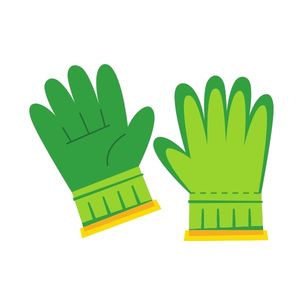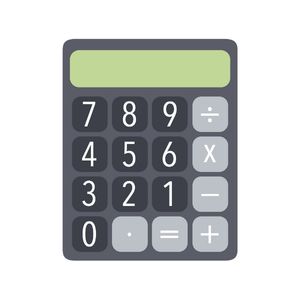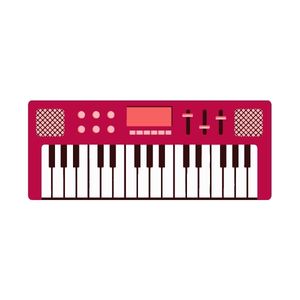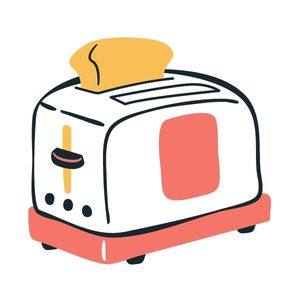To begin the game, click on a card. Find the words and images that go together.
To restart the game, click the “Reset” button.
Free ESL Memory Games for English learners: Kitchen
If you want to learn kitchen vocabulary, this interactive game will help you. This memory game helps you to learn about kitchen such as; blender, bowl, refrigerator, spatula, toaster, pot, microwave, and utensils by using science. Academic researches show that using memory games help people to remember the meaning of the words.
You will match the words and pictures of the kitchen by clicking boxes. All these boxes will open when you click them. If you find the correct picture and word they will match and stay open.
In this memory game for English learners, there are 8 words to remember. You can see these words below;
- blender
- bowl
- refrigerator
- spatula
- toaster
- pot
- microwave
- utensils
More Memory Games to Learn English Vocabulary
For ESL Teachers:
English as a second language is a very important part of education. It is also one of the most difficult to teach. English as a second language teachers has a responsibility to help their students learn English and their culture. The goal is for students to be able to speak, read, and write in English fluently.
There are many challenges that ESL teachers face in the classroom. One of those challenges would be how they should teach their students. There are many different methods that ESL teachers can use to teach their students but there is no one perfect way that works for everyone.
Memory Games are one of these methods to build vocabulary, especially kitchen vocabulary to build your English.
Another challenge that ESL teachers face is how they should deal with errors made by the student when speaking or writing in English which could make them feel discouraged and less confident about themselves as learners and speakers of the English language.
For ESL Students:
The responsibility of teaching English to English as a second language students is not only on the teachers. It is also the responsibility of the students and their parents. Parents need to make sure that they are encouraging their children to speak English at home. As a student, you need to improve your vocabulary, especially kitchen vocabulary.
It is also important for ESL students to have exposure to native speakers in order for them to learn more about the language. Learning a new language is all about building vocabulary.
English as a second language student’s responsibility is to study English and learn English. It is not the fault of the person who doesn’t speak English as their native language.
The responsibility of an ESL student is to study English and learn English. It is not the fault of an ESL students if they don’t speak fluent English because they are not native speakers.















